It isn't a big mystery as to whether turkey is safe for dogs to eat or not. Spoiler alert: Turkey is not only safe, but it's a commonly used protein source in commercial dog foods. Throwing your dog bits of turkey while you prep dinner can be a perfectly healthy treat, but not all parts of the turkey are safe. So what's a dog-owning foodie to do?
Here's what to know about feeding turkey to your dog.
Turkey as a Protein Source
Turkey is a highly digestible protein source for dogs. It contains various macronutrients (that is, any nutritional component that is required in large amounts) like protein, carbohydrates, and fats. It also contains micronutrients in the form of vitamins and minerals. While it is very similar in quality to chicken, turkey can contain slightly more concentrations of certain vitamins and minerals than chicken.
There is some thought among integrative practitioners that turkey is a "cold" protein while chicken is a "hot" protein. In integrative medicine terms, this essentially means turkey isn't as inflammatory as chicken. So if your dog suffers from an acute or chronic inflammatory condition, be it gastrointestinal upset, environmental allergies, or something else, some feel that turkey is a better protein than chicken as turkey won't exacerbate any inflammation already in the body. It should be noted, though, that chicken is the most common food allergen in dogs. Since chicken and turkey are so similar, depending on how sensitive your dog's immune system is, they may generalize their chicken allergy to turkey as well.
Parts That Are Safe for Dogs
White meat and dark meat are both safe and healthy for your dog. However, the white meat is leaner and is more protein-dense than the dark meat portions. So while both are safe and healthy, white meat is considered to be ever so slightly healthier than dark. Even healthier, though is something called turkey meal. This is created when fresh turkey is rendered (essentially a fancy cooking term for intentionally overcooking) to the point where most of the water is cooked off and what is left is incredibly protein-dense.
Turkey Giblets
Oftentimes the turkey giblets, which can include the liver, kidneys, heart, gizzard, and neck, are included in store-bought turkeys. Most of these extras are perfectly safe for your dog to eat when fully cooked (so long as they won't be missed by any of your dinner guests). The only part that is not recommended for your dog is the neck as there are bones in that part. Even if you already feed your dog a raw meat diet, it's not recommended to give the giblets to your dog raw. Instead, wash them with water and then boil them for five to 10 minutes or sear them on the stovetop for a few minutes on each side. As with any new food item, though, if you add in too much too fast you can cause a gastrointestinal flare-up in your dog. So if you opt to give the turkey giblets to your dog, cut them into small pieces and portion them out as special treats over a few days.
Which Turkey Parts Are Not Safe for Dogs?
Although turkey is a healthy food for dogs to eat, not all the parts of whole turkey are safe. Some parts should stay out of your dog's food bowl while you're prepping a turkey for dinner.
Turkey Skin
Turkey skin is very high in fat. This high-fat content alone can spell gastrointestinal upset for any dog that is accidentally fed turkey skin. Compound this with any rubs, brines, or gravies you may be cooking your turkey with, and you have the perfect recipe for a bout of pancreatitis should your pooch get any. Gastrointestinal distress isn't the only thing to worry about with turkey skin, though. Garlic and onions, commonly used in savory cooking, can be toxic to dogs, and if your pup were to get into these, they could become anemic. This is because garlic and onions contain compounds that destroy red blood cells in dogs (and cats).
Turkey Bones
As with cooked chicken bones, cooked turkey bones are a no-go. Cooking breaks down the structural integrity of the bone such that it can easily shatter. Not only are they a risk for intestinal obstruction, but if a bone were to shatter within your dog's gastrointestinal system, a piece could easily perforate the tract. This could cause sepsis and, if veterinary medical attention isn't sought out immediately, could prove fatal.
So while turkey is a great, protein-packed snack for your pup, parts of the turkey you prepare should stay on your dining table and out of your dog's food bowl. Between pancreatitis, anemia, foreign body obstructions, and gastrointestinal perforations, it's just not worth the risk.

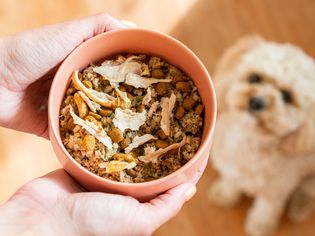


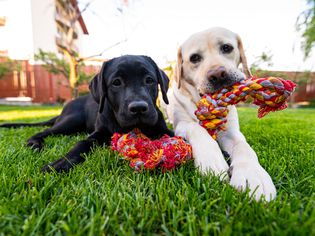
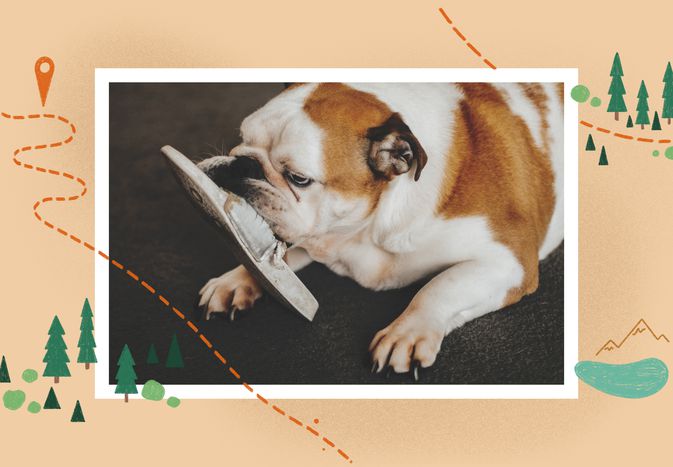
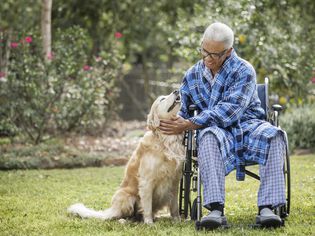

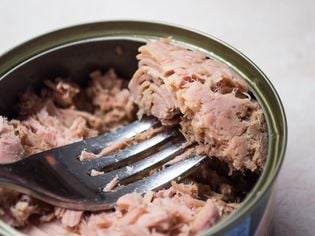
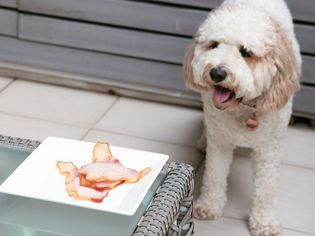
Comments on " What Parts of a Turkey Can I Feed My Dog?" :